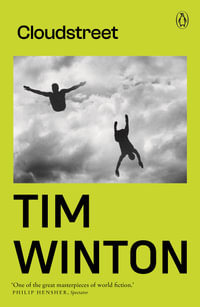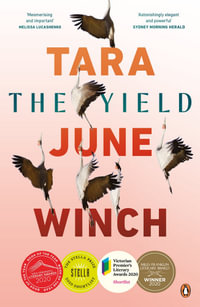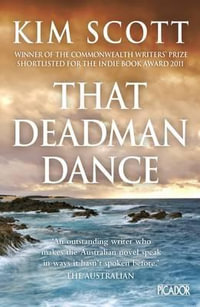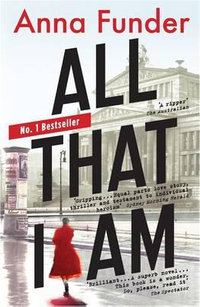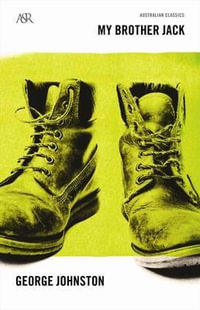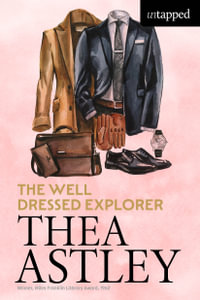Winner of the 2006 Miles Franklin Award.
In the early 1800s, out of the prison society of governors, redcoats, English gaolers, Irish convicts, and the few free settlers of Botany Bay, no one had ventured much farther inland than a few dozen miles from Sydney. Or so it was believed until the escape of Desmond Kale and the vengeance of his rival, the wildly eccentric parson magistrate Matthew Stanton.
The Ballad of Desmond Kale is a broad-sweeping novel of the first days of British settlement in Australia. At the centre is Stanton's pursuit of Kale - an Irish political prisoner and a rebelliously brilliant breeder of sheep. The alchemy of wool fascinates, threatens, and transforms when it is discovered that fine wool thrives in New South Wales as nowhere else in in the world, producing veritable gold on sheep's backs.
The Ballad of Desmond Kale is both a love story of unusual interest and an epic novel of greed, ambition, conceit, and redemption. The novel is rich in its characterisations and the rawness of its settings, vigour of language, and vividness of personality. The action moves from the early Australian bush to the halls of Westminster, the mills of Yorkshire, the sierras of Spain, the wilds of the Southern Ocean, and returns at last into the far outback for its finale. Once the ballad is sung, ordinary experience is heightened, the world can never be the same again. A brilliant and inspired recreation of the early days of white Australian settlement by one of Australia's finest writers working at the height of his powers.
Reading Group Book Questions
- The author practices a double inversion, overturning received opinion about historical actors, besides having fun with 19th-century fictions. Where does historical fact end and fiction begin? Discuss the role of perspective when reading a historical novel.
- McDonald presents early NSW as a “topsy turvy world”. Discuss the role of integrity, deception and maligned intent in the novel.
- McDonald said “[Ballad is] crucial to the shape of the book, to the plot, to the amalgam of rough, immediate experience that balladry suggests, its elevating power while dealing with the ordinary.” Discuss this comment.
- Minor characters often give certain insights into a novel. Discuss the role of the subplots – a pregnancy, a feud between half-brothers, a shipwreck – in the overall development of the book.
- The rivalry between Kale and Stanton is absolute. However, Stanton is as present in the novel as Kale is absent. Discuss the impact Kale’s memory and myth has on his relatives.
About The Author
Roger Mcdonald is the author of six novels: 1915, SLIPSTREAM, ROUGH WALLABY, WATER MAN, THE SLAP, and MR DARWIN'S SHOOTER. His account of travels with New Zealand shearers in the Australian outback, SHEARER'S MOTEL won the 1993 National Book Council Banjo award for non-fiction. The internationally acclaimed besteller MR DARWIN'S SHOOTER was awarded the New South Wales, Victorian, and South Australian Premiers' Literary Awards, and won the National Fiction Award at the 2000 Adelaide Writers' Week. The Ballad of Desmond Kale won the 2006 Miles Franklin Award and South Australian Festival Prize for Fiction.



